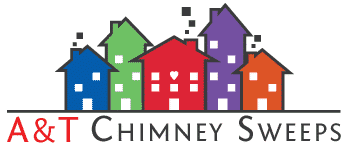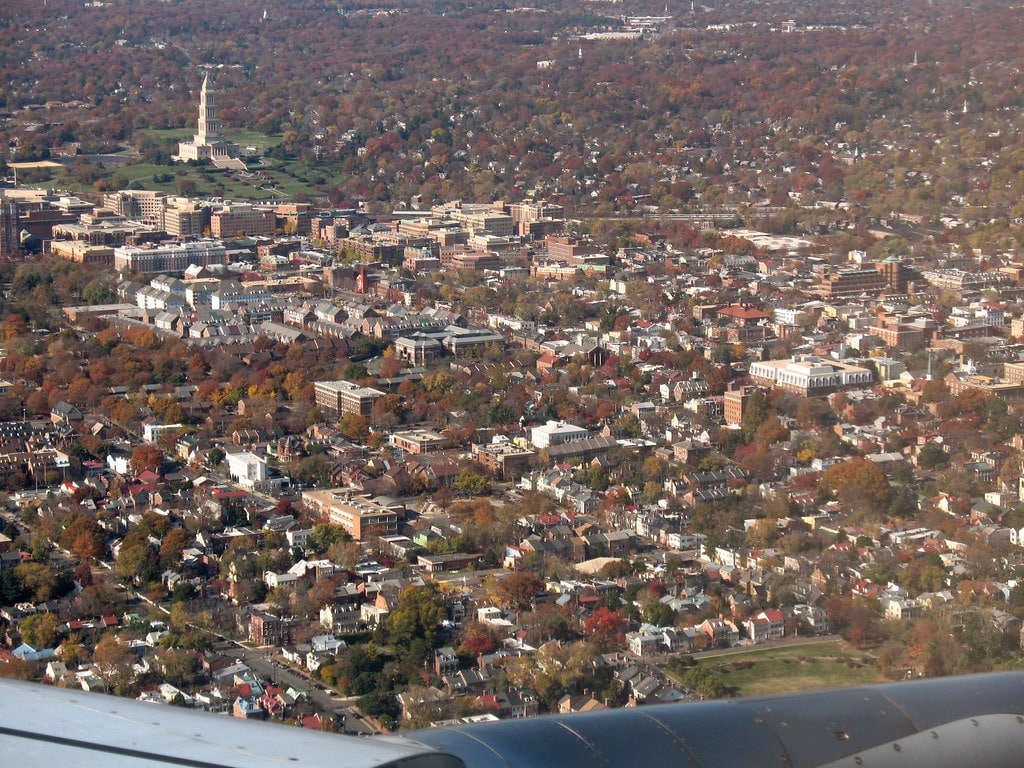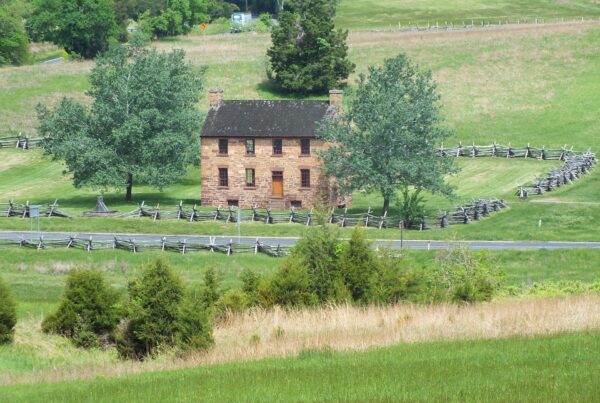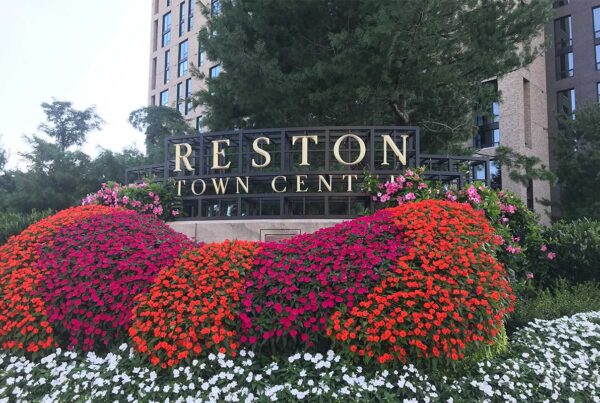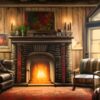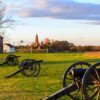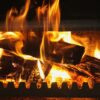Preventing Chimney Fires: Essential Tips for Alexandria, VA Homeowners
Chimney fires represent one of the most prevalent hazards for homeowners, especially during the cold months. In Alexandria, VA, where many homes have fireplaces and chimneys, the risk is even more pronounced. It’s therefore essential for homeowners to understand how to prevent these potential disasters. Here are some crucial tips to help you maintain your chimney and prevent chimney fires.
**Regular Inspection and Cleaning**
The National Fire Protection Association (NFPA) recommends that homeowners should have their chimneys inspected at least once a year. The inspection should focus on the chimney, flue, and fireplace. If the chimney hasn’t been cleaned for a while, or if there’s a build-up of soot or creosote, it should be cleaned immediately.
Creosote build-up is the leading cause of chimney fires. It’s a black or brown residue that sticks to the inner walls of the chimney, and it’s incredibly flammable. Therefore, regular cleaning is necessary to remove this hazardous material and prevent a chimney fire.
In Alexandria, VA, you can trust A&T Chimney Sweeps fireplace cleaning and repair service to provide a comprehensive chimney inspection and cleaning service. Their team of professionals can identify and address any issues that could lead to a chimney fire.
**Install a Chimney Cap**
A chimney cap serves several purposes. It prevents rain, snow, animals, and debris from entering your chimney, which can cause blockages and contribute to creosote build-up. A chimney cap also helps contain sparks and embers, preventing them from escaping and causing potential fire hazards.
**Use Seasoned Wood**
Wet or unseasoned wood burns inefficiently, leading to more smoke and, consequently, more creosote. To minimize creosote build-up, only use seasoned wood in your fireplace. Seasoned wood is wood that has been cut, split, and left to dry for at least six months.
**Avoid Overloading the Fireplace**
Loading too much wood into your fireplace might seem like a good idea to generate more heat, but it can increase the risk of a chimney fire. Overloaded fires produce more smoke, leading to more creosote. A moderate, controlled fire is safer and more efficient.
**Maintain a Safe Hearth Area**
Your hearth should be clear of any flammable materials, including furniture, curtains, and rugs. Keep a fire extinguisher nearby, and ensure everyone in your home knows how to use it.
**Monitor Your Chimney for Signs of Trouble**
Regularly check your chimney for signs of damage. Cracks, missing bricks, or chunks of fallen flue tiles are signs that your chimney needs repairs. Additionally, an unusually dark or discolored chimney cap can indicate a build-up of creosote.
**Equip Your Home with Smoke Alarms**
Smoke alarms are a crucial safety measure. Install them on every level of your home and inside and outside sleeping areas. Test them monthly to ensure they’re working and replace the batteries once a year.
**FAQs**
**Q: How often should I have my chimney cleaned?**
A: The NFPA recommends a yearly inspection. If your chimney has excessive creosote build-up, it should be cleaned immediately.
**Q: What is creosote and why is it dangerous?**
A: Creosote is a flammable residue that builds up on the inner walls of your chimney. It’s produced when wood is burned, and it’s the leading cause of chimney fires.
**Q: What kind of wood should I burn in my fireplace?**
A: Only use seasoned wood in your fireplace. Wet or unseasoned wood burns inefficiently and produces more smoke, leading to more creosote build-up.
**Q: What are the signs of a chimney fire?**
A: Signs of a chimney fire include a loud cracking or popping noise, a lot of dense smoke, and an intense, hot smell.
**Q: What should I do if I suspect a chimney fire?**
A: If you suspect a chimney fire, get everyone out of the house immediately and call 911. Don’t attempt to extinguish the fire yourself.
Preventing chimney fires is an essential part of home maintenance. It requires regular inspections and cleaning, the correct use of your fireplace, and a commitment to safety. By following these tips, homeowners in Alexandria, VA, can enjoy their fireplaces while minimizing the risk of a chimney fire.
